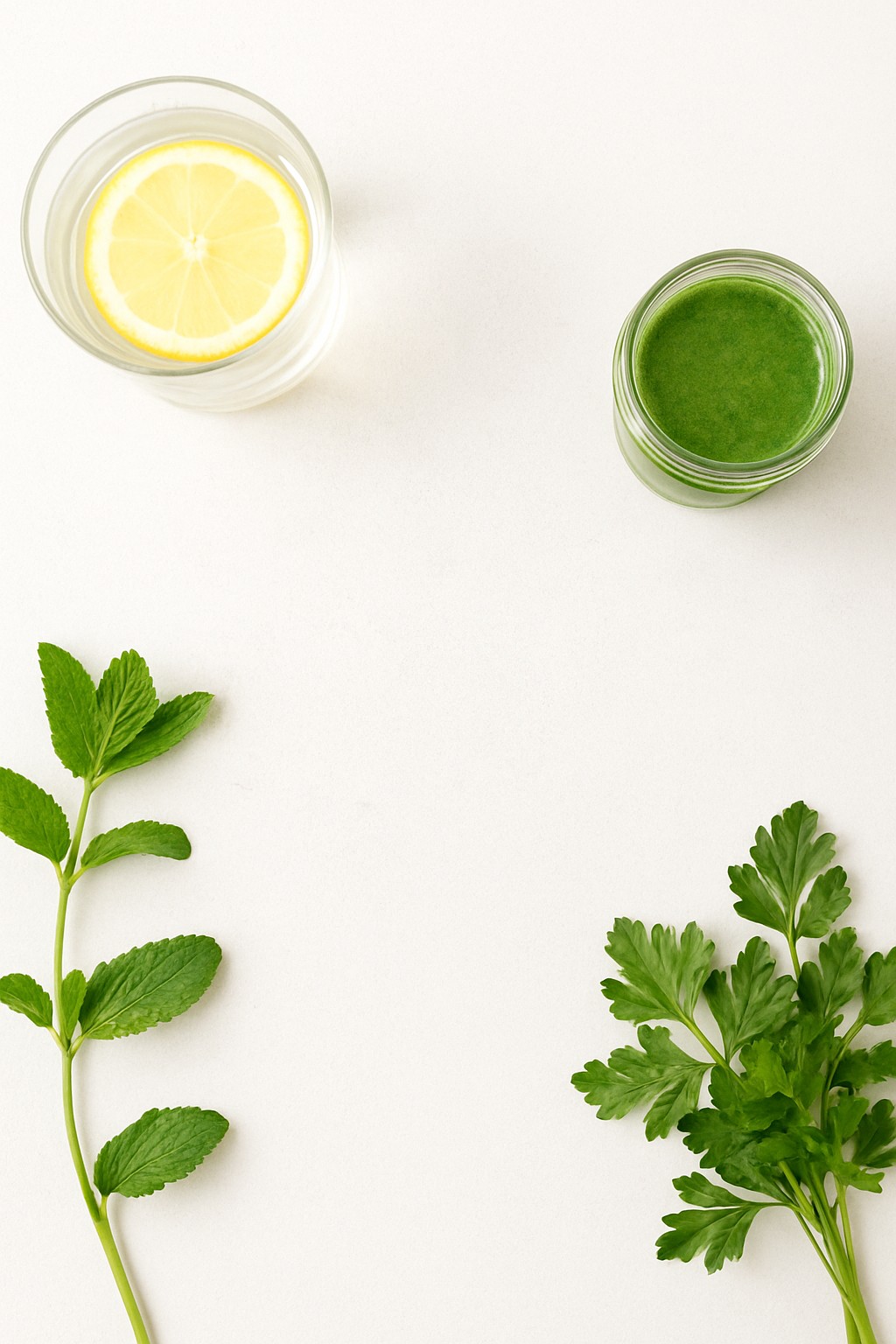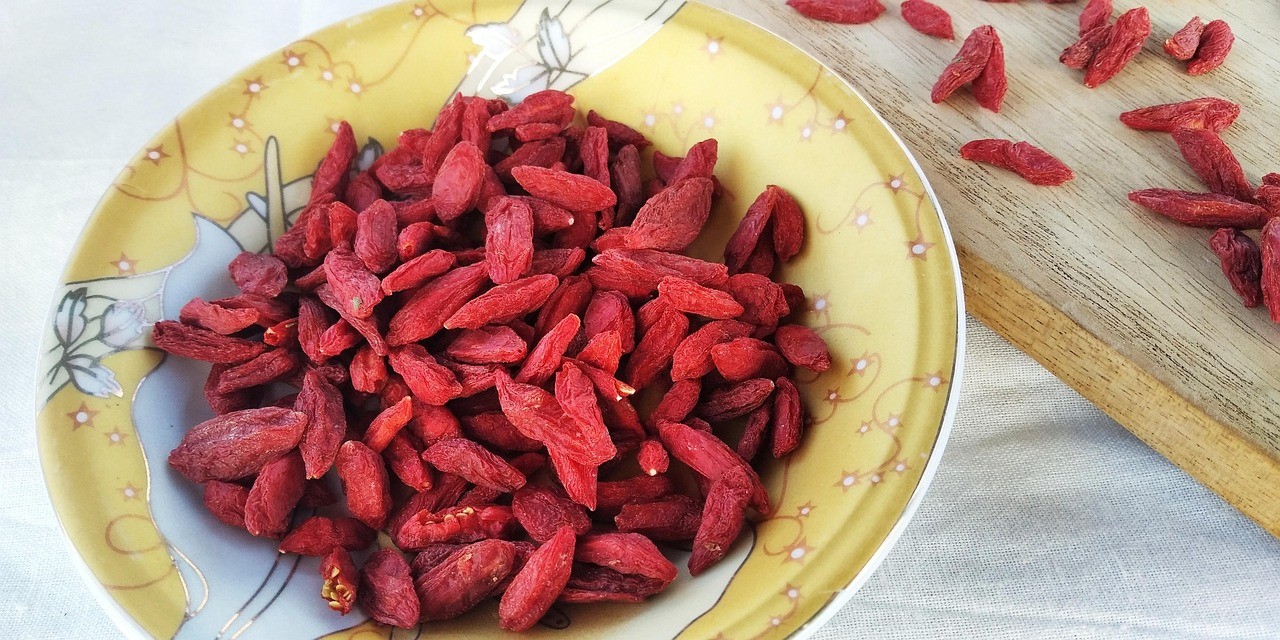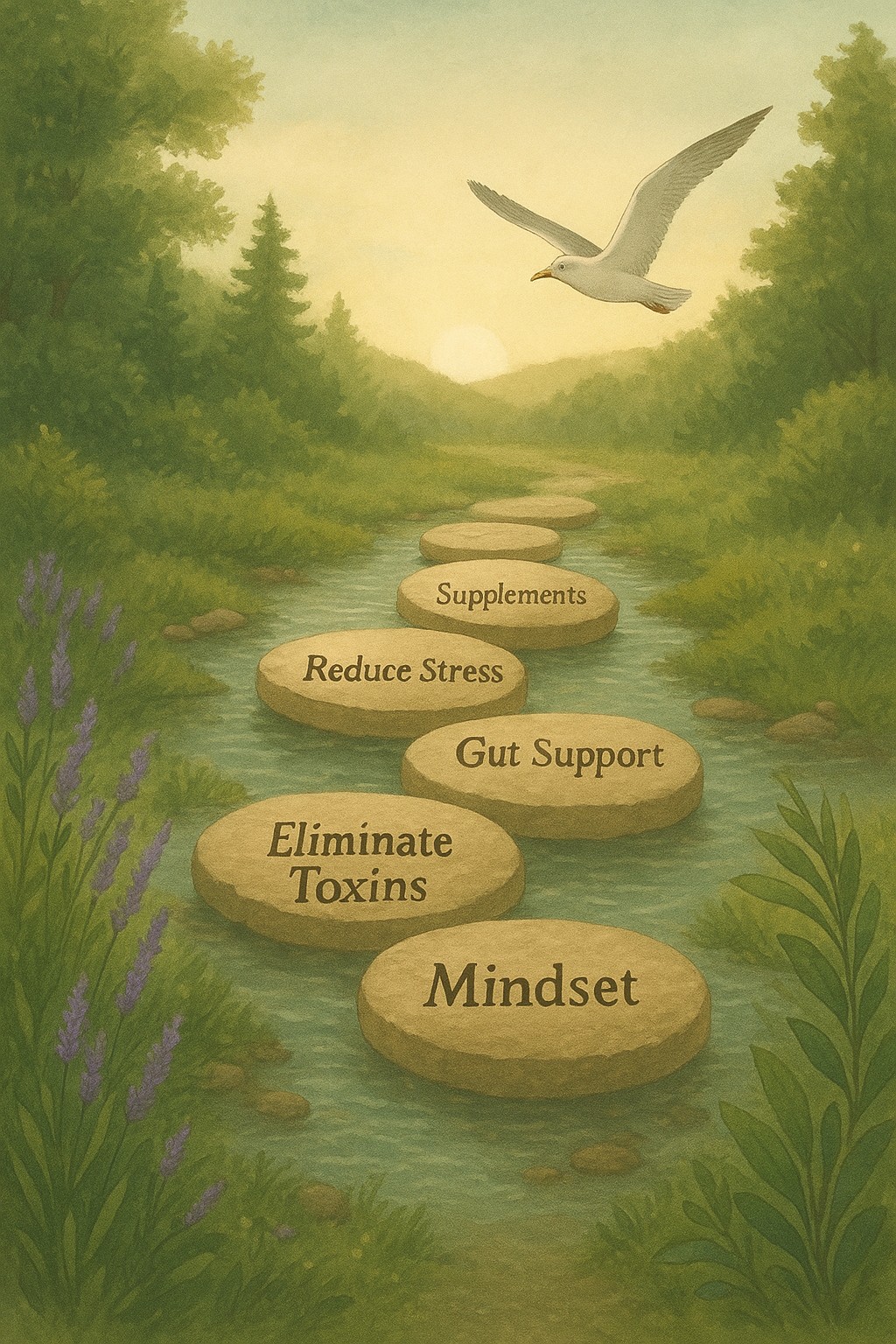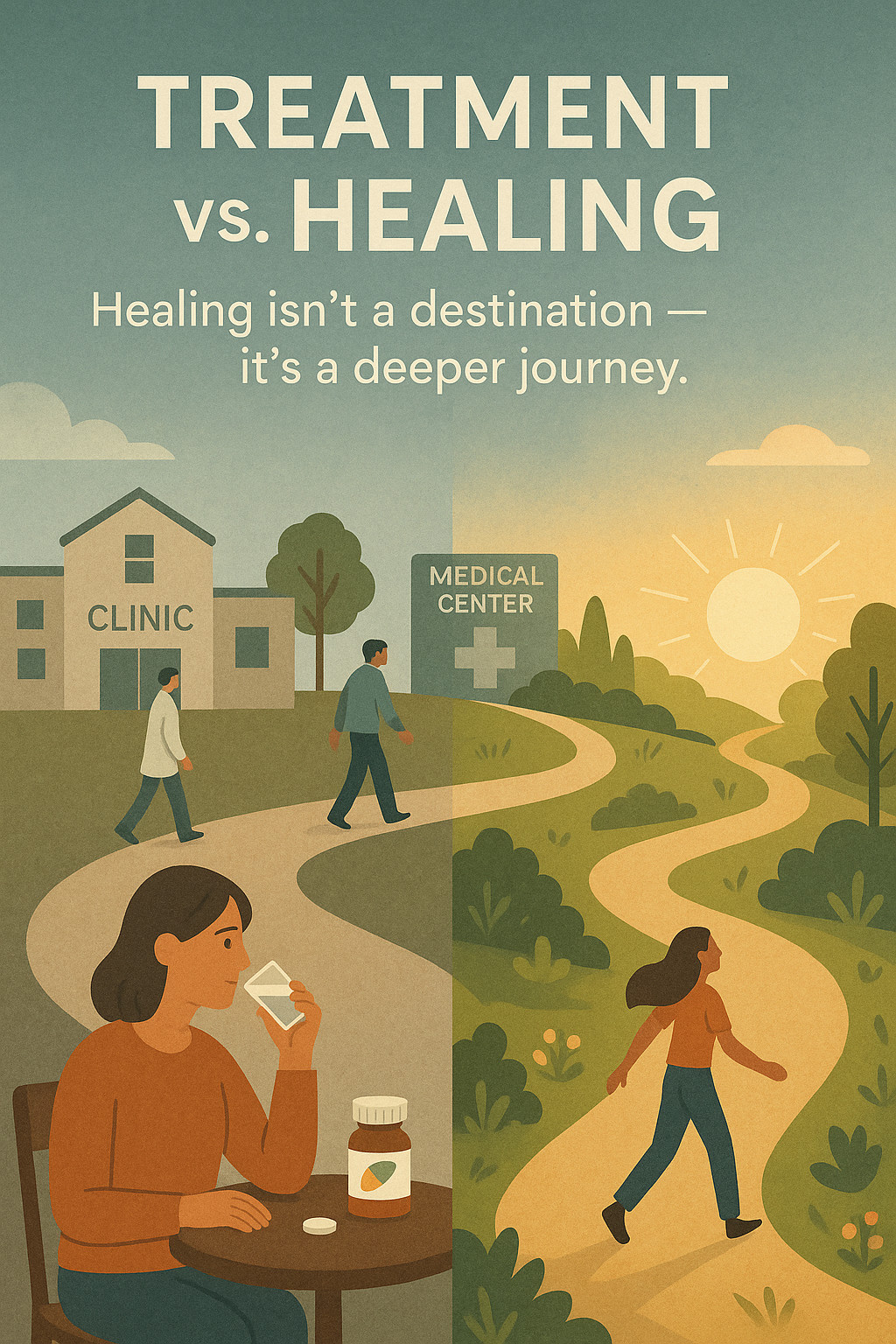
As the holidays approach, many of us will be cooking for friends and family….as well as enjoying holiday goodies made by others. I have many “foodie” conversations with friends and there is a general MYTH about cooking with alcohol.
Please don’t shoot the messenger, but the truth is….Alcohol does not ALL “cook off” in the heating process!
When it comes to cooking with alcohol, it's natural to wonder how much alcohol actually cooks off during the process. While it's true that heat applied during cooking evaporates some alcohol, it's difficult to determine the exact percentage that remains. The amount of alcohol that evaporates depends on various factors such as cooking time, cooking method, heat level, and the specific dish you're preparing.
It's important to keep in mind that not all alcohol evaporates completely. In fact, some alcohol may still remain in the food even after prolonged cooking. The actual percentage varies, but estimates suggest that around 25-50% of the alcohol content can still be present. One study showed that food baked or simmered in alcohol for 15 minutes still retains 40 percent of the alcohol. After an hour of cooking, 25 percent of the alcohol remains, and even after two and a half hours there's still 5 percent of it. Sauces containing alcohol that are brought to a boil, then removed from the heat can retain up to 85% of the alcohol. Cherries Jubilee and desserts that “flame” can retain up to 75% of the alcohol.
For those in recovery, and for those of us who have friends and family members in recovery this information is vitally important! For some of us, a small percentage of alcohol remaining in a sauce is no big deal. However, for others, even the smallest amount is dangerous!
In our home, I choose to not cook with alcohol in order to support my husband’s recovery. At times, I make substitutions (chicken broth for white wine, etc). Other times, I skip recipes altogether when appropriate substitutions can’t be made.
Whatever you have on your menu this holiday season, please be mindful to inform your guests if you have dishes that were cooked with wine, beer, etc. All of the alcohol will not be gone.
Psalm 40 supports individuals and families who are seeking recovery. Please reach out if we can help!
Wishing you all a wonderful and sober holiday!
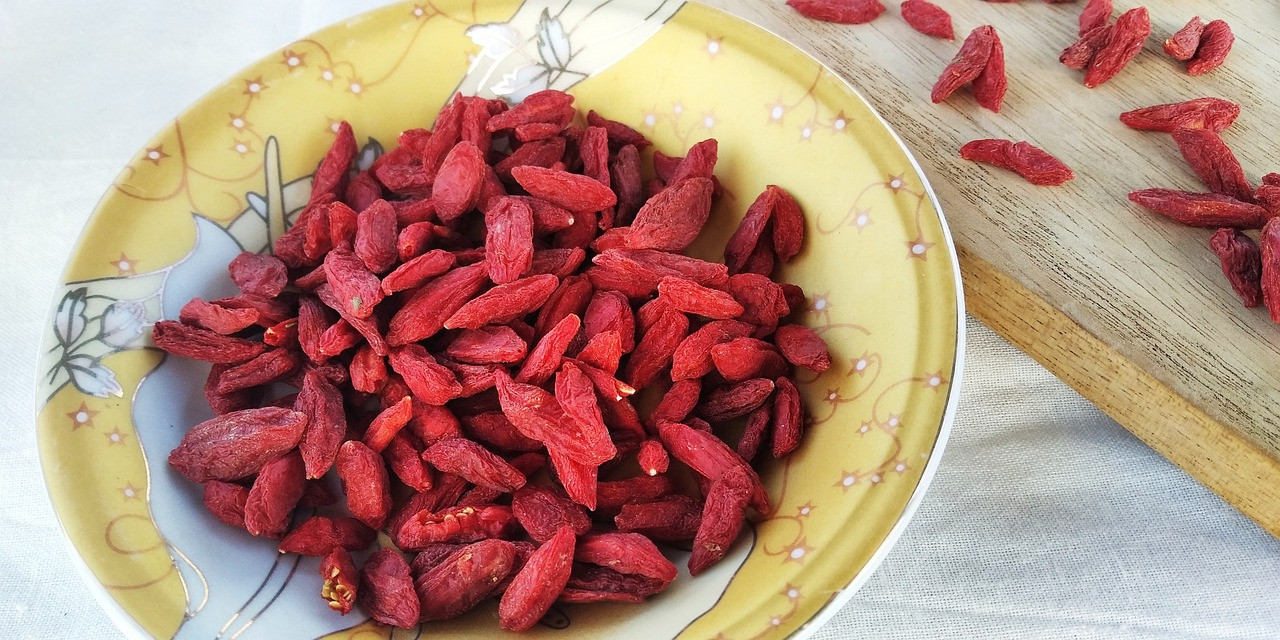
Discover the incredible health benefits of Goji Berries, nature's little superfood! Packed with essential nutrients, Goji Berries can significantly contribute to your overall well-being, especially when complemented with high-quality essential oils and supplements.
1. Support Immune System: Goji Berries are loaded with antioxidants that help balance your immune system, preventing illnesses and supporting a healthy defense against free radicals.
2. Improves Energy Levels: These berries are rich in complex carbohydrates, which provide a steady release of energy, keeping you energized throughout the day. Combine Goji Berries with invigorating essential oils for an added boost!
3. Enhances Brain Health: Goji Berries are known for their high levels of antioxidants and vitamins, promoting mental clarity, focus, and memory. Incorporating essential oils known for their cognitive support properties takes it a step further!
4. Supports Healthy Aging: The powerful antioxidants found in Goji Berries fight oxidative stress, promoting youthful-looking skin. Pair this natural goodness with essential oil infused skincare products for a comprehensive anti-aging routine.
5. Aids Digestion: Goji Berries are a great source of dietary fiber, assisting in maintaining a healthy digestive system. Incorporate essential oil-infused supplements to further support gastrointestinal health.
6. Protects Eye Health: With high levels of zeaxanthin, Goji Berries help protect and nourish our vision by reducing the risks related to age-related macular degeneration and other vision-related issues.
Remember, for the best results, it's essential to choose high-quality Goji Berries. When you combine their benefits with high-quality essential oils and supplements, you'll experience the amazing synergistic effects that can enhance your overall health and vitality.
For more info on how to use Goji Berries in an anti-inflammatory "Jumpstart", click the button below!
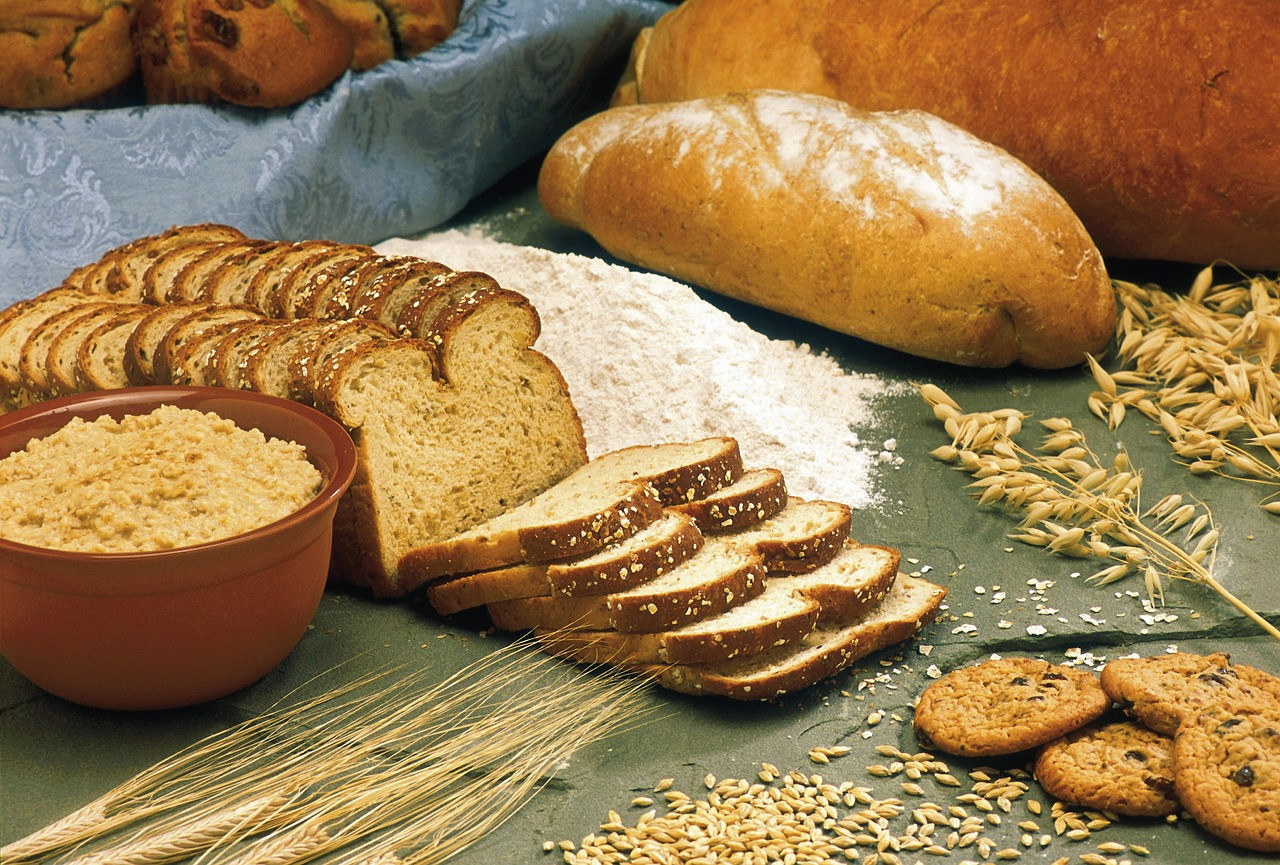
We might be tempted to ask the question: Are whole grains good or bad for our health?
Perhaps, we are asking the wrong question.
Instead, let’s ask: Could going grain-free help my health?
Are you struggling with: digestive issues, allergies, chronic pain, autoimmune disease, or any other illness that could be aggravated by inflammation? If so, I’m going to encourage you to consider taking grains out of your diet for a period of time and notice how you feel.
- GLUTEN – The truth is, no one’s body can digest gluten. The havoc it wreaks will be different for everyone. Some people have no “apparent” issues. Some people experience digestive discomfort and bloating. Some people will experience inflammation and flu-like symptoms (this happens to me every time I consume too much gluten…I literally get a fever!) Gluten is the first thing you should eliminate from your diet if you are struggling with your health!
- RICE (& OTHER GLUTEN FREE GRAINS)– Good news! Rice is gluten free! Most people who cannot tolerate gluten, CAN tolerate rice. Many gluten free products (pasta, bread, etc) include rice flour. However….rice is a grain. Some people, who are sensitive to all grains, may not be able to tolerate rice. My husband is a perfect example of this. We have been living a gluten free lifestyle for many years. However, when he eats rice (or any other “gluten-free” food that contains rice flour), he gets bloated, his sinuses start to drain, and his respiratory system fills up with mucous. At times, he even feels an asthma attack coming on.
- CORN – Another gluten free grain. Except…the majority of corn grown in the US is genetically modified and filled with pesticides. There are so many reasons to NOT eat corn. I won’t bore you. Cut out as much as you can….and save it for the times when you really need a taco! LOL!
HOW CAN I KNOW IF I NEED TO ELIMINATE GRAINS?
Try it and see how you feel! Eliminate all grains for two weeks and see how you feel. Add grains back in one at a time (rice, wheat, etc), and notice if your body has any undesirable reaction. Your reaction might NOT be related to digestion! You might notice a flare-up of pain, a reduction in energy, etc.
If you’d like to know more about a “healthy reset” protocol that cuts out grains and reduces inflammation, click below:
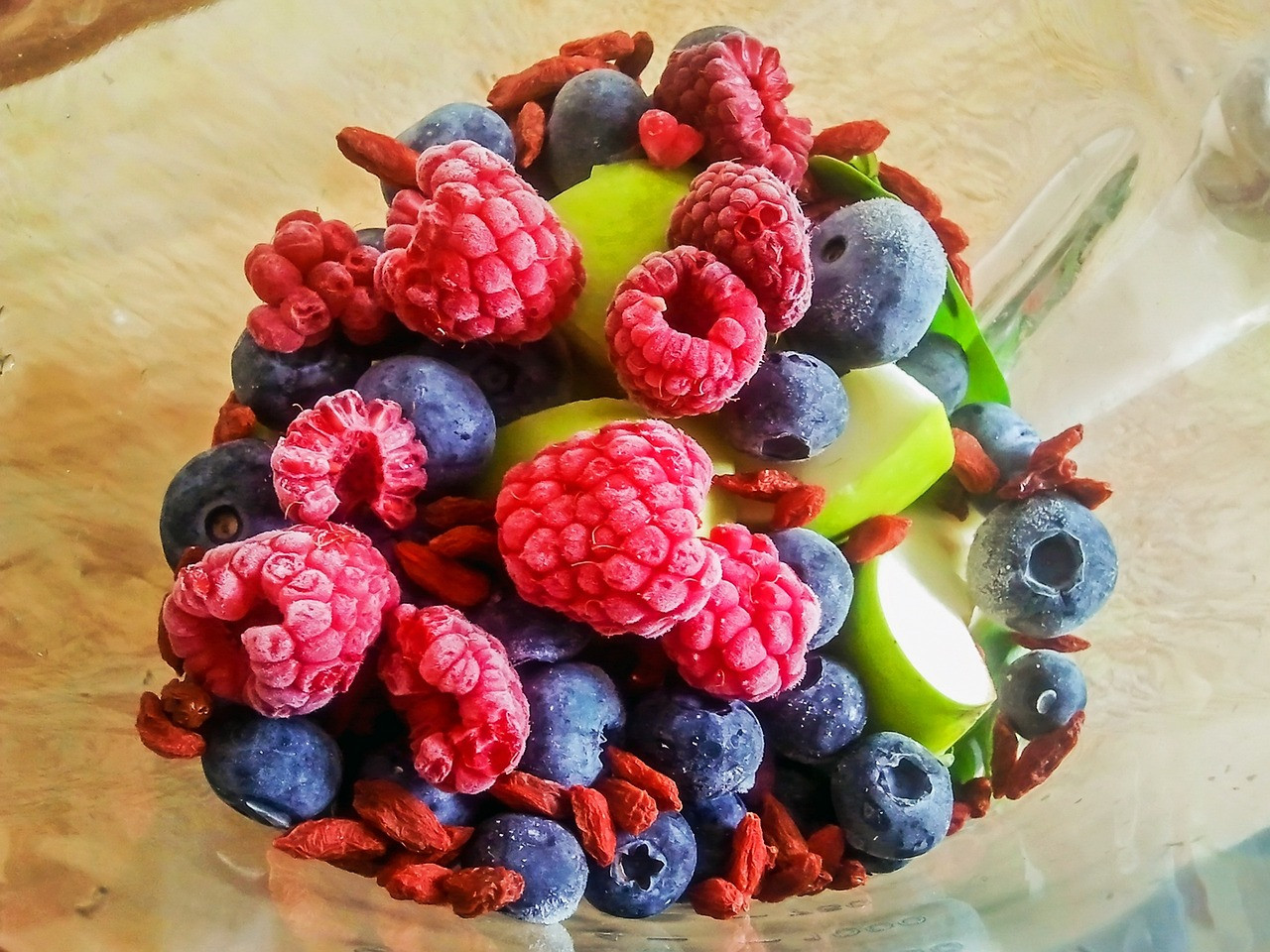
Maintaining a healthy, inflammation-free body is essential for overall well-being. Chronic inflammation is linked to various diseases, ranging from arthritis to heart disease. Luckily, nature has provided us with a wide array of foods that possess powerful anti-inflammatory properties. In this blog post, we will explore the top five foods that can help reduce inflammation and support a healthier you.
1. Turmeric:
Renowned for its vibrant golden hue, turmeric contains curcumin, a potent anti-inflammatory compound. Curcumin inhibits the activity of various enzymes involved in the inflammatory response, effectively reducing inflammation in the body. Sprinkle turmeric into your curries, smoothies, or even brew a soothing turmeric tea to harness its anti-inflammatory benefits.
2. Leafy Greens:
Leafy greens such as kale, spinach, and Swiss chard are not only rich in fiber and essential nutrients but also harbor anti-inflammatory properties. Packed with vitamins, minerals, and antioxidants, these greens help combat oxidative stress and reduce inflammation in the body. Incorporate them into salads, stir-fries, or blend them into a nourishing green smoothie to experience their powerful anti-inflammatory effect.
3. Berries:
Berries like blueberries, strawberries, raspberries, and goji berries are bursting with antioxidants known as flavonoids. These compounds possess anti-inflammatory properties that help neutralize harmful free radicals and reduce inflammation. Add a handful of berries to your morning oatmeal, yogurt, or enjoy them as a refreshing snack to boost your body's defense against inflammation.
4. Fatty Fish:
Fish such as salmon, mackerel, and sardines are excellent sources of omega-3 fatty acids, renowned for their anti-inflammatory benefits. Omega-3s help to reduce the production of inflammatory molecules, promoting a healthy inflammatory balance in the body. Enjoy grilled or baked fish dishes to incorporate these healthy fats into your diet and support optimal health.
5. Ginger:
With its distinctive aroma and warming flavor, ginger has been used for centuries to alleviate inflammation and aid digestion. Gingerol, the active compound in ginger, possesses potent anti-inflammatory properties that can help reduce pain and inflammation. Incorporate fresh ginger into your cooking, brew a soothing ginger tea, or add it to your smoothies to experience its wonderful benefits.
Conclusion:
Incorporating these anti-inflammatory foods into your daily diet is a powerful way to support your overall health and well-being. Remember, reducing chronic inflammation can positively impact your physical and mental health in the long run. Combine these nutritious foods with a healthy lifestyle, regular exercise, and essential oils such as Copaiba and Frankincense, to further enhance your body's ability to combat inflammation and enjoy a healthier, vibrant life.
If you would like more information on a simple healthy protocol designed to reduce inflammation, click below:

I had no idea I was suffering from low-grade inflammation…until I no longer was…and I realized how much better I felt! Did inflammation play a role in the root cause of the autoimmune ITP I struggled with? I believe it probably did. But, where did that inflammation come from?
First of all, let’s make sure we understand that inflammation has a purpose in our body. It is designed to trap bacteria or help heal injured tissue. However, at times our body may perceive an attack (when there isn’t one), and it stays inflamed over a long period of time. This is the chronic inflammation I am referring to.
There are many things that can cause or contribute to chronic inflammation. To be honest, prior to an autoimmune disease diagnosis, I could check the box on many of these...especially prolonged stress!!
- Autoimmune disease can be both a cause and an effect when it comes to inflammation!
- Exposure to certain toxins (even in low amounts).
- Prolonged periods of stress.
- Foods containing diary and gluten.
- Overuse of antibiotics and NSAIDs (non-steroidal anti-inflammatory drugs).
- Eating a diet high in sugar, processed food, fried foods, & alcohol.
It is believed that prolonged inflammation can be a contributing factor in diseases such as:
- Type 2 Diabetes
- Heart disease
- Alzheimer’s disease
- Asthma
- Cancer
Inflammation can even show up as:
- Body/join aches
- Insomnia
- Fatigue
- Frequent Infections
- Weight Gain
- Depression or Anxiety
- Digestive Discomfort
WHAT CAN WE DO?
There are many things we can do to help our body release inflammation:
- Eat Anti-inflammatory Foods
- Avoid Inflammatory foods
- Limit or avoid alcohol
- Maintain a healthy weight
- Exercise regularly
What if....we could combine some of the above suggestions? What if...we combined anti-inflammatory nutrition and supplements + exercise + water? We could help our body flush out inflammation…and when we do that, there is no telling how great our body is going to feel!!
If you're curious and you'd like some more info on my favorite anti-inflammatory protocol, click below so we can stay connected! Also...I'm already feeling like this post needs a "part 2" so we can chat about specific foods that reduce inflammation! What do you think...??



